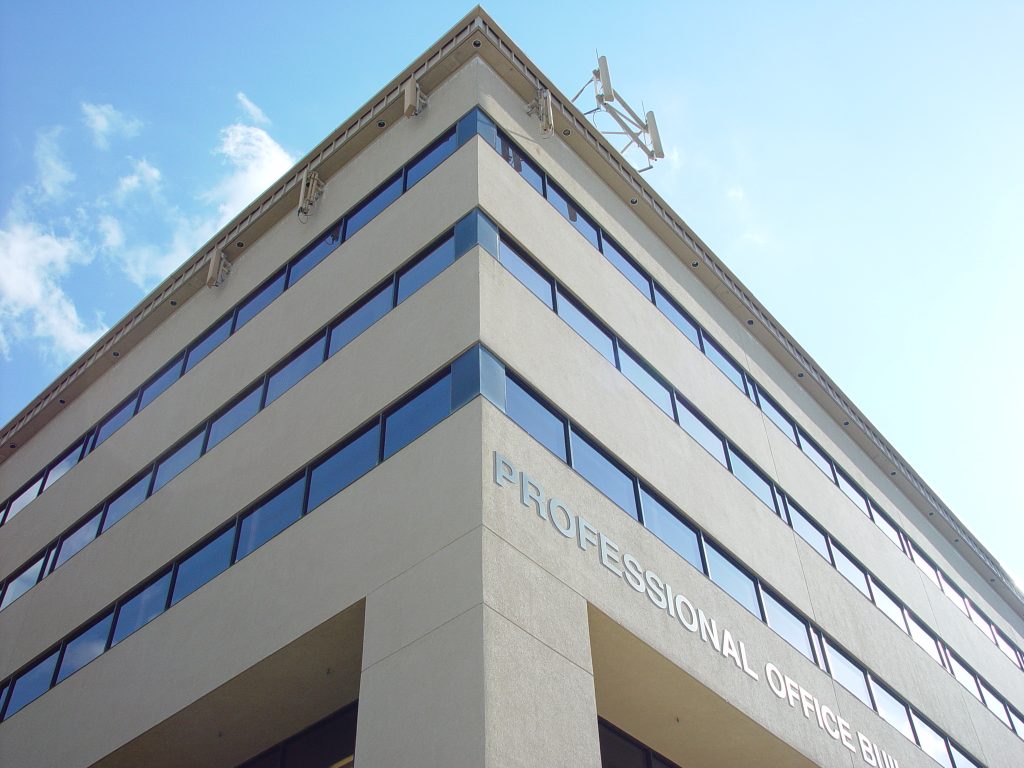 When we think of the practice of law, we may think of flashy lawyers in the courtroom arguing against one another with impassioned rhetoric. In reality, the law practice is not that glamorous. In many cases, there are no trials, and a judge simply hands down a judgment without any theatrics. Summary judgment is an example. Summary judgments occur when there are no factual disputes between parties, thus forgoing the need for a trial. However, to obtain summary judgment, a party must file a motion for summary judgment. In the case below, we will see how a Louisiana Appellate Court decided that the District Court erred in granting a motion for summary judgment.
When we think of the practice of law, we may think of flashy lawyers in the courtroom arguing against one another with impassioned rhetoric. In reality, the law practice is not that glamorous. In many cases, there are no trials, and a judge simply hands down a judgment without any theatrics. Summary judgment is an example. Summary judgments occur when there are no factual disputes between parties, thus forgoing the need for a trial. However, to obtain summary judgment, a party must file a motion for summary judgment. In the case below, we will see how a Louisiana Appellate Court decided that the District Court erred in granting a motion for summary judgment.
Carolyn C. Harris had terrible stomach pains and went to Our Lady of the Lake Regional Medical Center to receive treatment. Her first doctor, Dr. B, examined her on December 29, 2008, and scheduled a colonoscopy the next day. However, due to unanticipated conflicts, the colonoscopy was rescheduled for January 5. In the meanwhile, Harris began to suffer from a respiratory illness and was moved to the ICU. On January 5, 2009, her second doctor, Dr. C, performed the delayed colonoscopy. During the colonoscopy, Harris’s colon was perforated. She began to vomit, and soon after, she went into cardiac arrest and died. Harris’s representatives sued the doctors for medical malpractice, but the doctors responded with a motion for summary judgment, which the District Court granted. Harris’s representatives appealed.
In Louisiana, summary judgment is applicable only when there are no factual disputes between the parties according to the evidence submitted. Also, the person filing the motion for summary judgment must be able to obtain a judgment under the applicable law. La. C.C.P. art. 966(B)(2). The applicable law, in this case, is the list of requirements for a plaintiff to file a claim for medical malpractice. A plaintiff suing for medical malpractice must show by a preponderance of the evidence that there was a standard of care applicable to the defendant, that the defendant failed to meet that care, and the failure to meet that care led to the injury or death. La. R.S. 9:2794. For a defendant to succeed in a summary judgment motion in a medical malpractice case, the defendant has to show that the plaintiff cannot show at trial at least one of the above through the preponderance of evidence.
 Louisiana Personal Injury Lawyer Blog
Louisiana Personal Injury Lawyer Blog


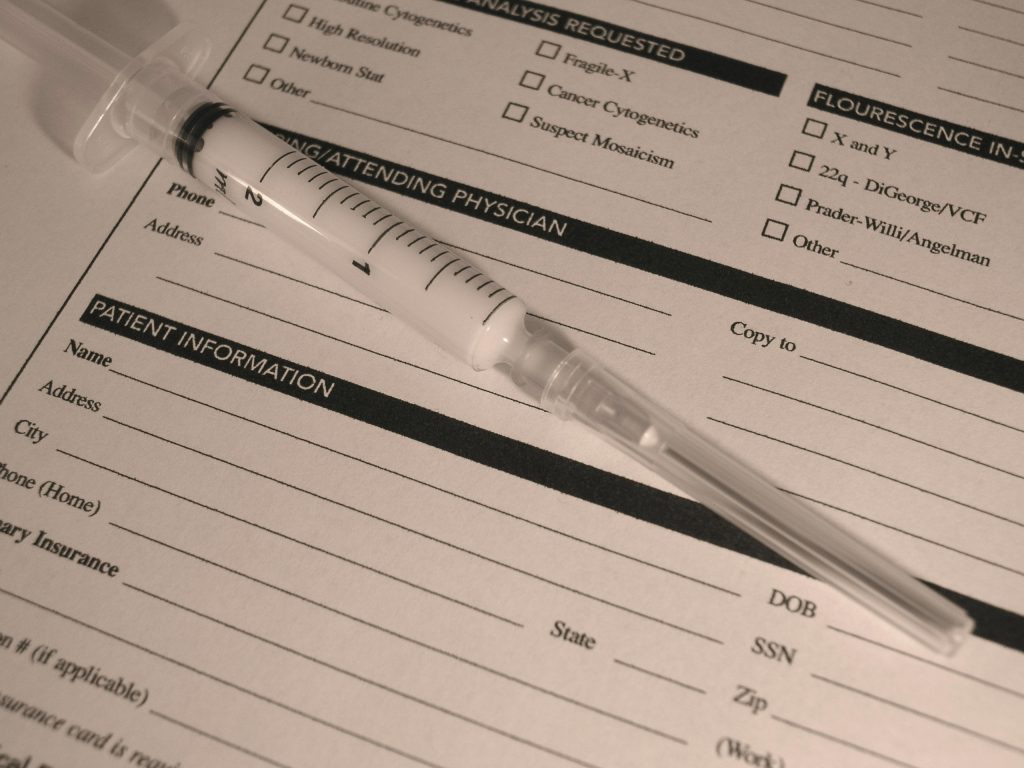 Time governs our lives. It also governs the law. If you have been injured and decide to file a claim, there is generally a time limit to do so. If you do not file within this time, you may never get your claim heard. The case below is an example.
Time governs our lives. It also governs the law. If you have been injured and decide to file a claim, there is generally a time limit to do so. If you do not file within this time, you may never get your claim heard. The case below is an example. When someone files a civil lawsuit in the Parish of Jefferson in Louisiana, or anywhere else in the state, it can often leave a defendant wondering how long the case will take to wrap up. In cases where neither party has a strong desire to settle, discovery procedures may take years to complete. Capitalizing on this concern, a stubborn plaintiff or defendant may use stalling tactics to leverage the other party into a settlement. How can the opposing party fight this stalling tactic? The following case discusses the rules governing what constitutes an “abandoment” of a lawsuit in Louisiana.
When someone files a civil lawsuit in the Parish of Jefferson in Louisiana, or anywhere else in the state, it can often leave a defendant wondering how long the case will take to wrap up. In cases where neither party has a strong desire to settle, discovery procedures may take years to complete. Capitalizing on this concern, a stubborn plaintiff or defendant may use stalling tactics to leverage the other party into a settlement. How can the opposing party fight this stalling tactic? The following case discusses the rules governing what constitutes an “abandoment” of a lawsuit in Louisiana.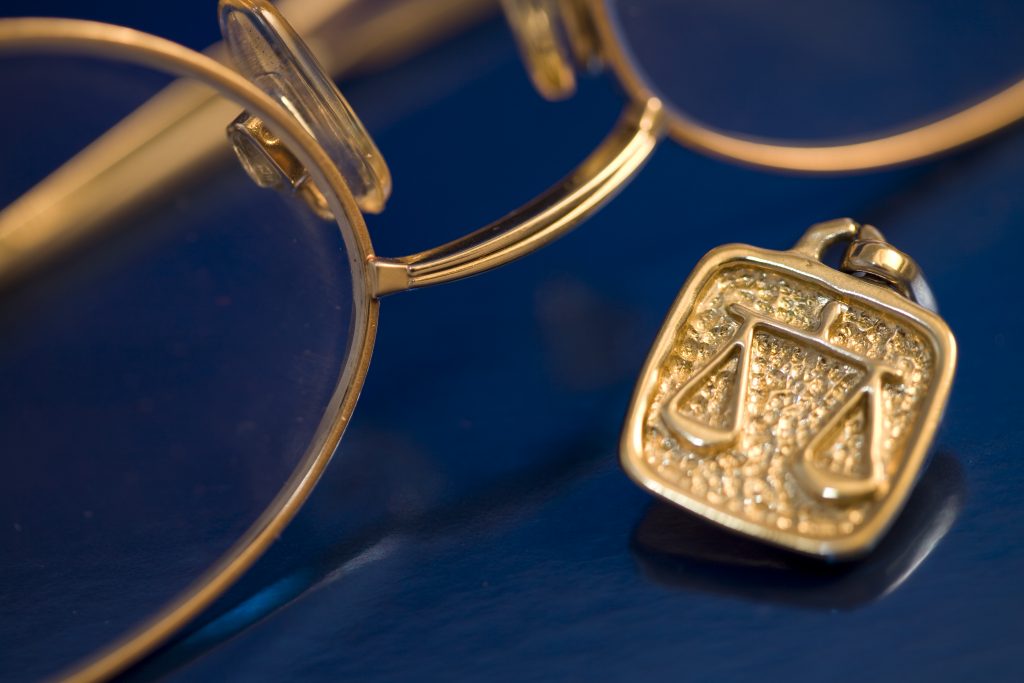 Attorneys are known for being way too expensive to the general public. Most people think that attorney’s charge an obscene amount for every little task that they do pertaining to a case, such as talking on the phone with their client or sending an email. However, unknown to most people attorneys are not allowed to charge fees that are excessive.
Attorneys are known for being way too expensive to the general public. Most people think that attorney’s charge an obscene amount for every little task that they do pertaining to a case, such as talking on the phone with their client or sending an email. However, unknown to most people attorneys are not allowed to charge fees that are excessive. 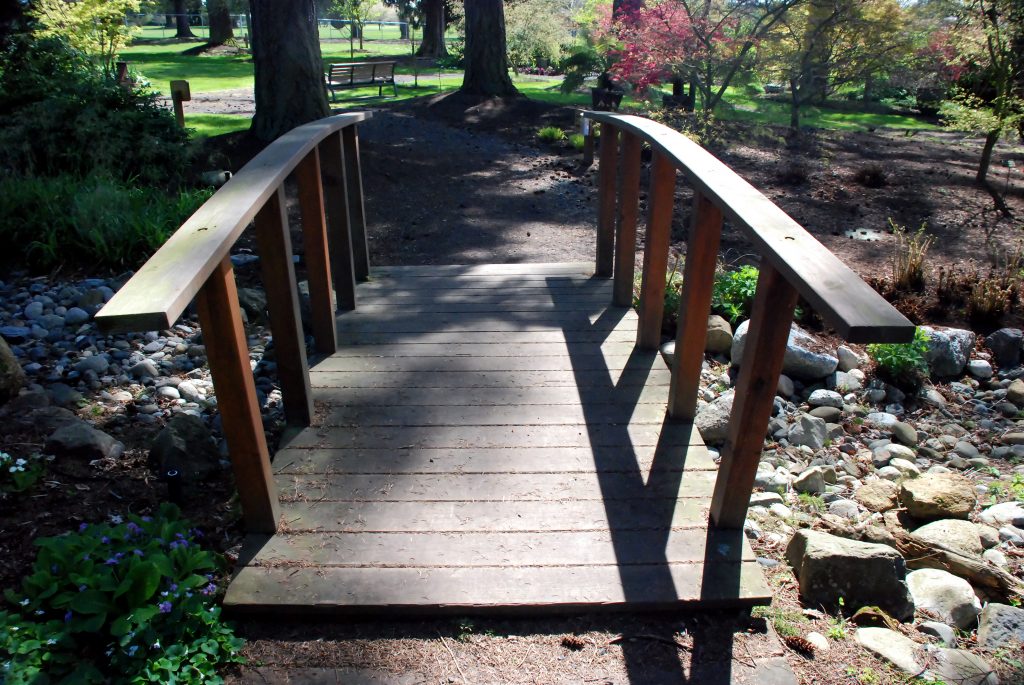 Selling a home can be a stressful time with many issues to consider. You want to make sure you are getting a fair price and that the home appeals to potential buyers. One aspect you might overlook is potential liability for injuries that occur when potential buyers tour your home.
Selling a home can be a stressful time with many issues to consider. You want to make sure you are getting a fair price and that the home appeals to potential buyers. One aspect you might overlook is potential liability for injuries that occur when potential buyers tour your home.  What happens when a plaintiff is injured, and damages are denied? How can a plaintiff prove they suffered injuries from an accident? According to Louisiana law, a plaintiff must prove, by a preponderance of the evidence, that his or her damages were the result of an injury caused by the defendant.
What happens when a plaintiff is injured, and damages are denied? How can a plaintiff prove they suffered injuries from an accident? According to Louisiana law, a plaintiff must prove, by a preponderance of the evidence, that his or her damages were the result of an injury caused by the defendant. 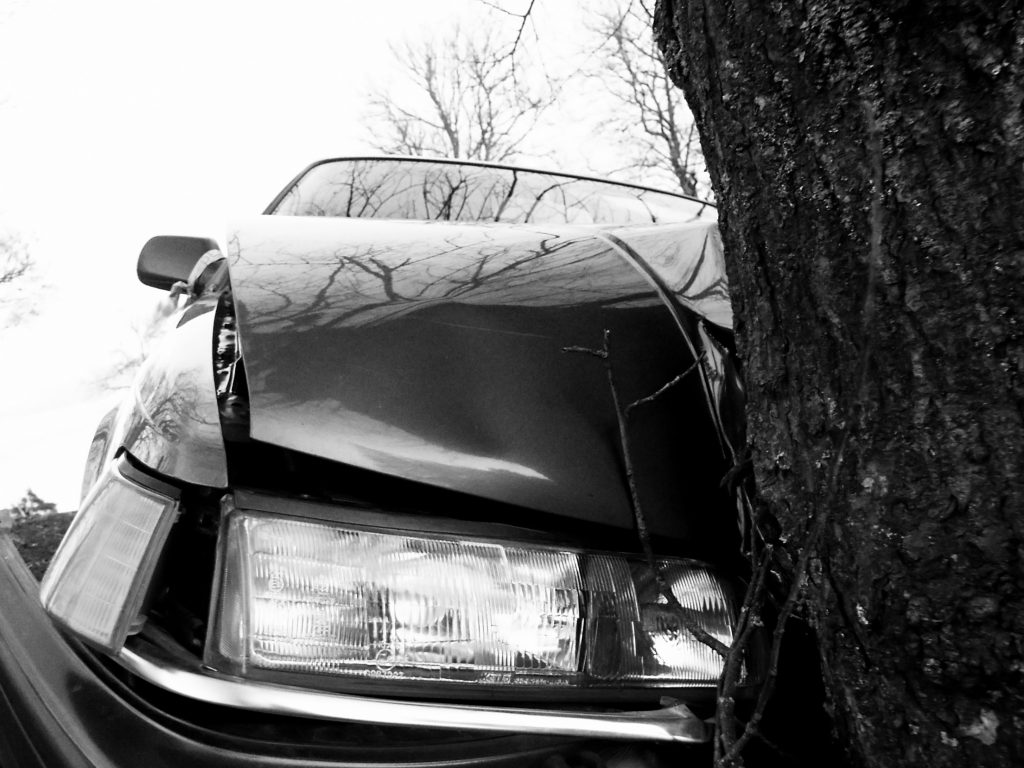 A party to a lawsuit may wish to appeal a court’s decision that they find unfavorable. But under Louisiana law, in most situations only final judgments can give the Court of Appeal jurisdiction to hear the case.
A party to a lawsuit may wish to appeal a court’s decision that they find unfavorable. But under Louisiana law, in most situations only final judgments can give the Court of Appeal jurisdiction to hear the case. The Louisiana Code of Civil Procedure provides that a court has wide discretion in granting a continuance (a postponement of the proceedings) in any case where appropriate. See
The Louisiana Code of Civil Procedure provides that a court has wide discretion in granting a continuance (a postponement of the proceedings) in any case where appropriate. See  People bring lawsuits in order to obtain compensation for wrongs they have endured. Even when there is no dispute about liability, determining the appropriate categories and amounts of damages can be complicated as it involves numerous legal and technical issues. Damages can encompass everything from past and future medical expenses to scarring to loss of enjoyment of life. However, there must be sufficient evidence from which a court can draw to support the award of damages. The following lawsuit that stemmed from a fight at a casino illustrates some of these principles.
People bring lawsuits in order to obtain compensation for wrongs they have endured. Even when there is no dispute about liability, determining the appropriate categories and amounts of damages can be complicated as it involves numerous legal and technical issues. Damages can encompass everything from past and future medical expenses to scarring to loss of enjoyment of life. However, there must be sufficient evidence from which a court can draw to support the award of damages. The following lawsuit that stemmed from a fight at a casino illustrates some of these principles. There are multiple requirements and policies that claimants must follow in order to be eligible to recover on a claim under a National Flood Insurance Program (“NFIP”) Standard Flood Insurance Policy (“SFIP”).
There are multiple requirements and policies that claimants must follow in order to be eligible to recover on a claim under a National Flood Insurance Program (“NFIP”) Standard Flood Insurance Policy (“SFIP”).